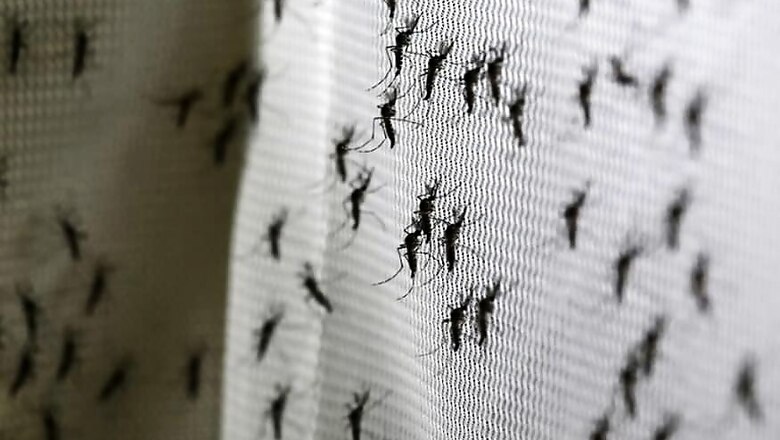
views
A mysterious illness had affected dozens of American and Canadian diplomats in 2016 in Havana, Cuba. Now, a new study, conducted by a team of scientists from Canada say that it was most likely connected to insecticides sprayed to fight the mosquito-borne disease, Zika.
According to a report in CNN, in 2016, government personnel had complained about symptoms including vertigo, ringing in the ears, pain, blurred vision, dizziness and memory and concentration problems.
Subsequently, leaders at the US Department of State were concerned that personnel were victims of an "acoustic attack" by sonic devices and the mysterious illness came to be known as "Havana syndrome."
The Cuban government on its part vehemently denied any involvement in the incidents, but President Donald Trump said in 2017 that he believed Cubans were "responsible" for the diplomats getting sick.
Subsequently, the State Department announced it was keeping staff at its embassy in Cuba at the minimum due to concerns about "health attacks" on staff in March 2018.
Now, testing on 26 Canadian diplomats in the period from August 2018 to February 2019 raised the possibility of "overexposure to cholinesterase inhibitors," possibly through insecticides.
Notably, Cholinesterase is an enzyme required for the proper functioning of the nervous systems.
The study said that while the source of exposure to toxins of the cholinesterase inhibitor family is not yet confirmed, the use of insecticides readily and evidentially suggests itself. It further went on to add that certain chemical classes of pesticides, such as organophosphates and carbamates, work against insects by inhibiting the action of cholinesterase, but can also be poisonous to humans.
The unpublished report, a copy of which is with the CNN was funded by Global Affairs Canada and is undergoing peer review process.
Notably, the tests include cognitive assessments, self-reported symptom questionnaires, blood tests, brain imaging and a medical history.
According to the study, when 24 of the original test subjects were retested 200 days later, doctors s found cognitive, vestibular, and oculomotor abnormalities that are sustained through injury to widespread brain networks.
Furthermore, mass-spectrometry tests confirmed presence of cholinesterase-inhibiting insecticides, including Temephos, an organophosphorus that is used in Cuba to fight mosquitoes. The tests also found 3-phenoxybenzoic acid, a common insecticidal metabolite.
While The US Environmental Protection Agency canceled the use of Temephos in the United States in 2011, it is still used in Cuba and in some other countries.
According to researchers at the time, Cuba had well-documented efforts underway to stop the spread of the Zika virus, including mass indoor and outdoor fumigations.
Furthermore, Embassy records confirmed an increase in the number of times people sprayed for mosquitoes at the Canadian office and at staff homes in January 2017, which incidentally coincided with the time when people were reporting symptoms.




















Comments
0 comment